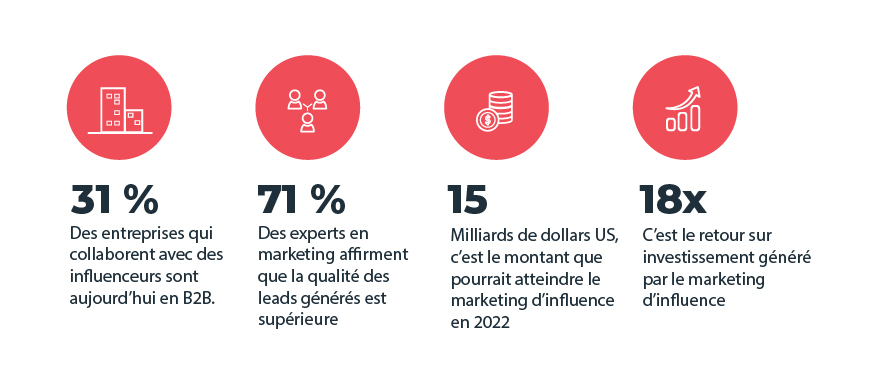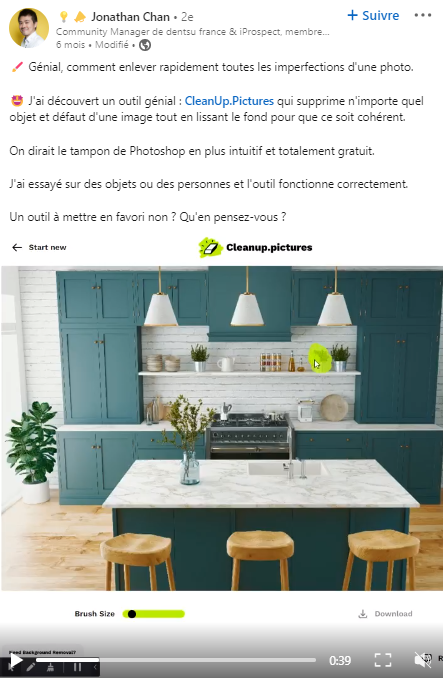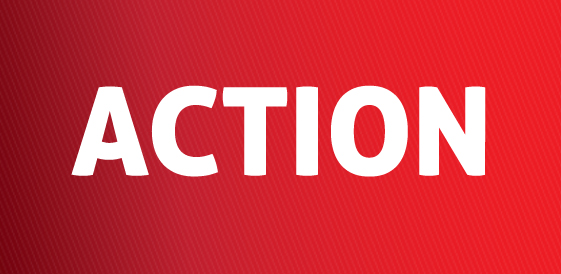“Influencer marketing? That’s just for teens!”, “Influencers are only celebrities and besides, there aren’t any in my sector of activities,” “TikTok, Instagram… that’s not where my audience is.” Wrong, wrong, and wrong!
You might be surprised to learn that when it comes to B2B, even in niche or industrial sectors, influencers have an immense sway on consumers’ buying decisions. That’s why it’s so important to explore how influencer marketing can positively impact your business or non-profit organization!
What is influencer marketing?
First, let’s go over what influencer marketing entails. Influencer marketing is a strategy that relies on endorsements from experts and well-known individuals who promote a brand or business to their large community of followers. Influencers basically act as trendsetters for people who follow them. They can also even become a brand ambassador for your company. They have an immense power to get your message out and promote your products and services to a qualified audience.Why should you invest in B2B influencer marketing?
Did you know that 90% of B2B decision-makers never answer cold calls? 1 So set the phone down and seriously consider an influencer strategy. There are myriad benefits:- Increase your renown thanks to your influencer and their high visibility in their community.
- Boost your credibility thanks to the testimonial of an influencer who has tested and approved your product or service. In fact, 94% of internet users say that a positive opinion of a product has an impact on their buying decision.2
- Generate qualified leads, convert them, and increase the loyalty of your clients by being present in every stage of the customer lifecycle.
- Reinforce your brand image by working with an influencer who shares your values and who is an expert in their field.
- Consolidate your position as a leader by creating high-quality professional content.
- A successful B2B model: 31% of companies who partner with influencers are in the B2B sector.3
- Higher quality audience: 71% of marketers think influencer marketing generates higher quality leads than other sources.
- A booming market: the influencer marketing sector could reach US$15 billion in 2022.4
- An efficient return on investment: in 2021, the average ROI for every US$1 invested in influencer marketing (B2B and B2C combined) was US$18.5

Finding a B2B influencer: quality over quantity!
When it comes to B2B, the major difference with B2C influencer marketing is that you should choose an influencer who is a trustworthy expert in your sector or industry. Their popularity comes second. In fact, the goal is to choose a relevant influencer who is an expert and opinion leader in your field of activities. Do:- Partner with micro and nano-influencers who have fewer followers. Their smaller audiences are often more engaged, qualified, and active.
- Target influencers who are active on social media, who create content, and who are followed by your persona. In B2B, this often means journalists, leaders, or individuals with a high degree of purchasing power in the company.
- Search for the right partner on LinkedIn. This professional network is your best bet but don’t neglect other platforms such as Instagram, TikTok, Facebook, and specialized discussion forums.
- Pick an influencer based on how many followers they have!
- Work with someone who doesn’t share the same values as your company. Your influencer will act as your ambassador. It’s important that their image and modes of communication don’t overshadow the message you want them to share.
Partnering with a B2B influencer: money isn’t everything!
When it comes to working with an influencer, it all boils down to added value. After all, why should they speak about your brand instead of your competitor? Just like you, an influencer wants to raise their profile and maintain their own image. That’s why your business relationship should be based on a personalized approach. To this end, there are myriad solutions available that can offer both your brand and your influencer increased visibility. Examples:-
- Writing an article on your blog or their blog
- Posting on your social media, with each party mentioning the other
- Building a case study or white paper together
- Mentioning them in a newsletter
- Inviting them to appear in a conference or webinar
- Producing a video or podcast about your collaboration and conducting an interview
- Send a message that is not personalized. Before contacting them, research your influencer, find out about what you have in common and how they express themselves in order to adapt your approach.
- Directly offer financial compensation. Your influencer will feel like you’re trying to buy them and might refuse to work with you.
- Increased visibility: Jonathan Chan has more than 31,000 followers on LinkedIn and his posts are read by many more. The post garnered 300 engagements, 50 comments, and 30 shares.
- New leads: the influencer also mentioned the brand’s LinkedIn page and added the link to their site in the comments.




